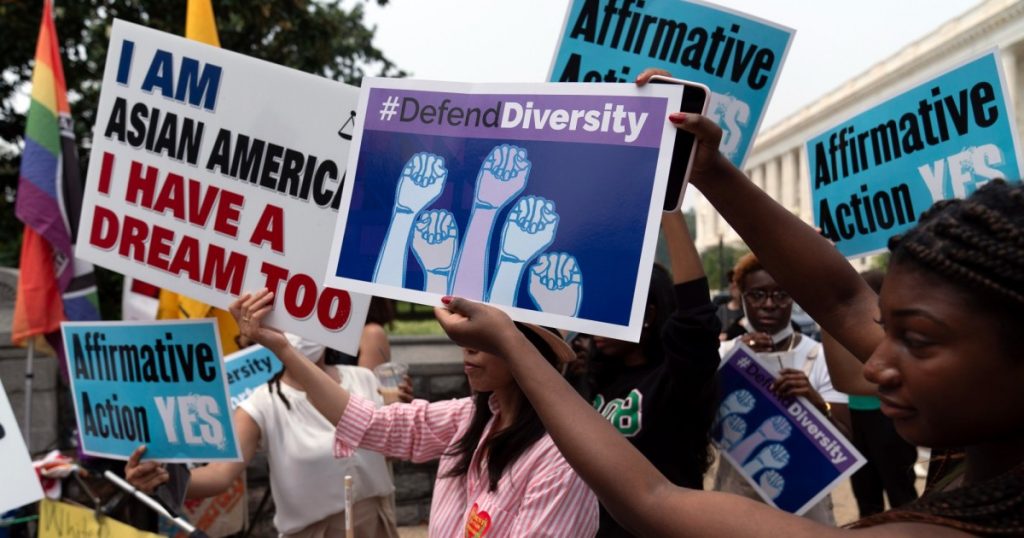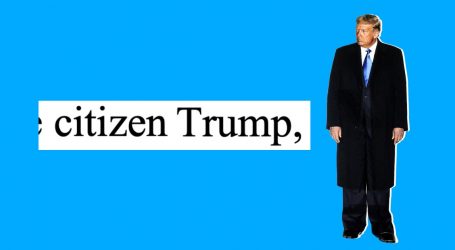Civil Rights Groups Challenge Harvard’s Legacy Admissions
Jose Luis Magana/ AP
Fight disinformation: Sign up for the free Mother Jones Daily newsletter and follow the news that matters.Three Massachusetts-based civil rights groups are challenging donor and legacy admissions at Harvard University, arguing that the practice gives an unfair boost to mostly white students whose family members are either alumni or wealthy donors. The complaint comes days after the Supreme Court’s decision ending affirmative action in higher education.
The 31-page complaint, filed with the Department of Education’s Office for Civil Rights, claims that Harvard’s legacy admissions violate the Title VI of the Civil Rights Act and calls the DOE to do the following:
Open an investigation into Harvard’s use of donor and legacy preferences and rule that it violates Title VI of The Civil Rights Act
Cut Harvard’s federal funding unless the university stops considering a prospective student’s relationship to Harvard alumni and donors while considering their application
Prevent applicants from identifying familial relationships during the admissions process, including applications and essays
Granting all other relief that the Department of Education finds appropriate and just
The groups—the Chica Project, African Community Economic Development of New England, and the Greater Boston Latino Network—argue that by accepting legacy students, Harvard is denying admissions to qualified students of color who’re less likely to have a familial tie to the school.
“These Donor and Legacy Preferences are not justified by any educational necessity because Harvard cannot show that the use of these preferences is necessary to achieve any important educational goal,” lawyers for the groups wrote in the complaint. “To the contrary, the preferential treatment is conferred without regard to the applicant’s credentials or merits – the benefit is derived simply from being born into a particular family.”
The immense advantages of legacy admissions are well established. For many, this is by design. As Evan Mandery, author of Poison Ivy: How Elite Colleges Divive Us wrote:
“Harvard does not discriminate,” Lawrence S. Bacow, the school’s president, insisted in a statement after the Supreme Court first announced it would take [Students for Fair Admissions v. Harvard. “[O]ur practices are consistent with Supreme Court precedent; there is no persuasive, credible evidence warranting a different outcome.” But though it may seem paradoxical, it’s important to understand that this construction is in large part Harvard’s own doing, the consequence of its stubborn insistence—which all elite schools share—on preserving the status quo in US college admissions, almost every aspect of which is slanted in favor of kids from wealthy, overwhelmingly white, families.
Harvard declined to comment directly on the new complaint but issued the following statement to the Associated Press.
“Last week, the University reaffirmed its commitment to the fundamental principle that deep and transformative teaching, learning, and research depend upon a community comprising people of many backgrounds, perspectives, and lived experiences. As we said, in the weeks and months ahead, the University will determine how to preserve our essential values, consistent with the Court’s new precedent.”





